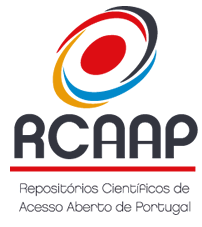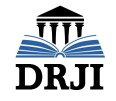An Implementation of Problem-Based Learning (PBL) in Postgraduate Engineering Education According to the Students
DOI:
https://doi.org/10.5433/1679-0383.2004v25n1p89Keywords:
PBL, Problem-based learning, Tertiary education, Post-graduate education.Abstract
Problem-based Learning (PBL) is an instructional method that – contrary to conventional models that place application problems after the introduction of a concept or content – uses a problem to motivate, focus and initiate learning. Besides promoting the construction of knowledge, this methodology aims at the development of skills and attitudes deemed as important for effective professional practice. This research, of a qualitative nature, analyses a PBL implementation developed in a course of the postgraduate engineering curriculum at a public university in Brazil. The data were collected through participant observation, non-structured interviews and an end-of-semester questionnaire, when the students were asked to evaluate the methodology, its advantages and disadvantages and its attainment to the course educational goals, i.e., knowledge, skills and attitudes. Despite increasing their study time and workload, most of the students favored the methodology for providing more motivating and active classes, and for assisting in the development of interpersonal, research and problem-solving skills as well as attitudes such as respect for other points of view, adaptability, self-directed learning, collaboration etc.
Downloads
Downloads
Published
How to Cite
Issue
Section
License
Semina: Ciências Sociais e Humanas adopts the CC-BY-NC license for its publications, the copyright being held by the author, in cases of republication we recommend that authors indicate first publication in this journal.
This license allows you to copy and redistribute the material in any medium or format, remix, transform and develop the material, as long as it is not for commercial purposes. And due credit must be given to the creator.
The opinions expressed by the authors of the articles are their sole responsibility.
The magazine reserves the right to make normative, orthographic and grammatical changes to the originals in order to maintain the cultured standard of the language and the credibility of the vehicle. However, it will respect the writing style of the authors. Changes, corrections or suggestions of a conceptual nature will be sent to the authors when necessary.

















